A battle over data looks like it will change the dealer’s relationship with the car buyer. With the spread of telematics and online information-sharing, carmakers will have more direct contact with a car’s end user than ever before.
As a result, franchised dealers need to consider how to make themselves even more valuable to the consumer, such as the provision of a true ‘one-stop-shop’ that meets their regular car care needs. Doing so gives the dealer a means of broadening their focus from annual service work to encompass MOT tests, cleaning and valeting, and SMART repairs – bringing in additional revenue and crucially encouraging more consistent contact. Here we look at how the three car care services may benefit the dealership.
MOT tests
The franchised dealer sector accounts for about one in five MOTs annually, while independent garages enjoy the lion’s share.
Research for the Castrol Professional Car Servicing & Repair Trend Tracker report predicted that the volume of total service, maintenance and repair in 2020 will be down to 2008 levels – about 46.9m jobs – partly as a result of strong new car sales populating the car parc with more reliable cars that have longer servicing intervals. Yet only 60% of franchised dealers provide MOTs.
Trend Tracker’s Chris Oakham said: “Dealers need to address ways in which they can attract MOT business including those who will have to use an off-site MOT test partner.
“Repairs are a much more lucrative revenue steam than routine services and when we are seeing huge independent fast-fit chains like Kwik Fit investing massively into MOT test facilities at their branches nationwide, that’s an indication of how vital they view on-site MOT testing to their business model.”
Valeting
Some franchised dealers such as Mitchells in Cheshire and Robin Appleyard in Yorkshire use valeting services as a way to maintain contact with the customer. A free weekly wash and vac helps to build customer relationships and can enable the service department to spot any reconditioning work to sell or the sales team to promote offers on new cars.
Alternatively, valeting can become an additional revenue stream. Motorclean managing director Steve McBrierty said: “There’s an application of particular chemicals, which make it a superior clean, and we call it ‘Spruce & Shine’. The reality is that there’s a significant financial benefit if that’s properly done.”
He believes ‘properly done’ is dictated by the level of engagement between the dealership and customer, adding: “Success is the difference between an employee who says ‘I’ve got this product if you’re interested’ and someone with a script they go through, which actually sells it.”
Typically, the dealership will charge up to £17.95 for the treatment, with a profit margin included. Successful sites have take-up in excess of 20% – a figure McBrierty suggests is good because it’s one of many things the dealer is trying to sell.
“My message to the dealers is that you should look at every avenue to improve the bottom line.”
SMART repair
Mark Llewellyn, managing director of SMART repair provider Revive, said that although dealers were aware of the benefits of this repair technique through used car prep, it hadn’t been widely adopted as an add-on option for retail customers.
“There are opportunities when a car is in for service, an MOT, or at trade-in,” said Llewellyn. “Trade-in time is especially relevant. Instead of a salesperson taking a negative approach on value because of damage, there can be a more positive ‘Look, if you have these repairs carried out, it will add x amount of pounds’.
“For service departments, there is a sales opportunity through a bodywork inspection at the time of booking in the car – which is also a useful precaution against unfounded complaints about damage while the car is in the dealership’s hands.”

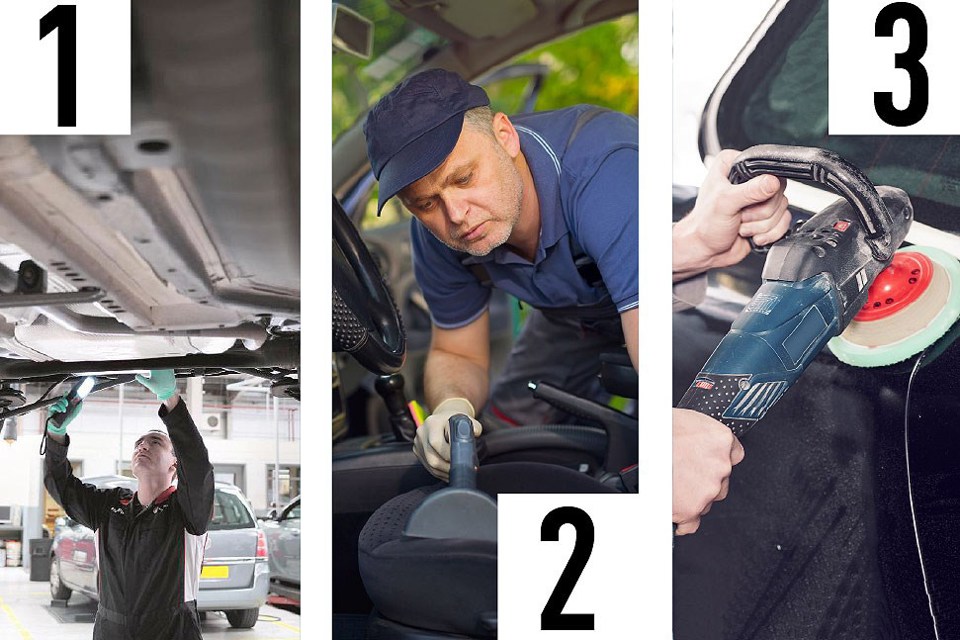



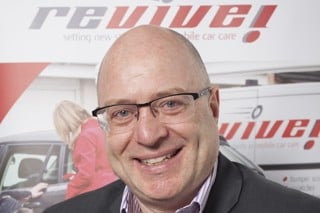
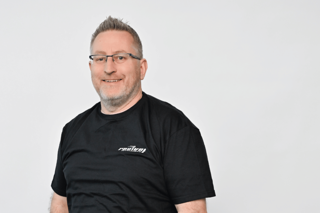
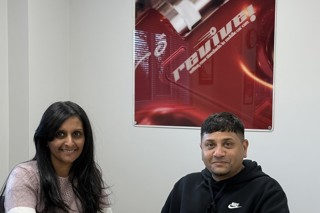
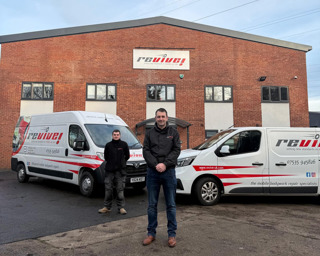
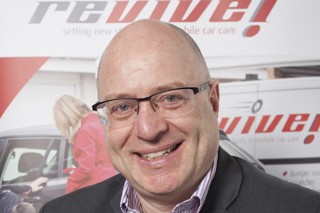











Login to comment
Comments
No comments have been made yet.